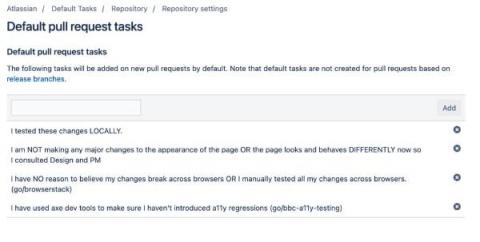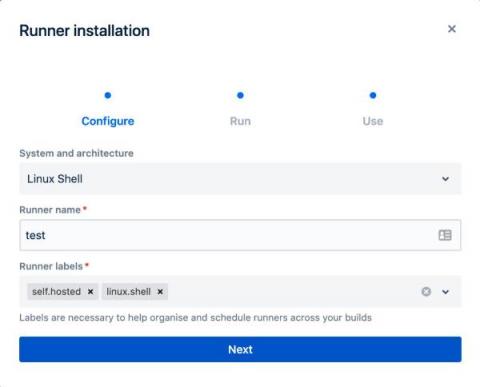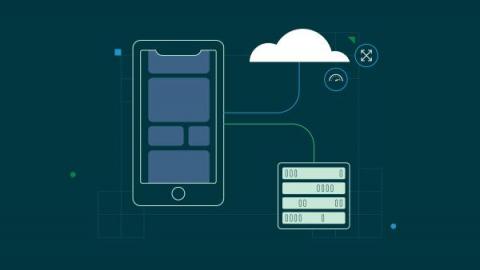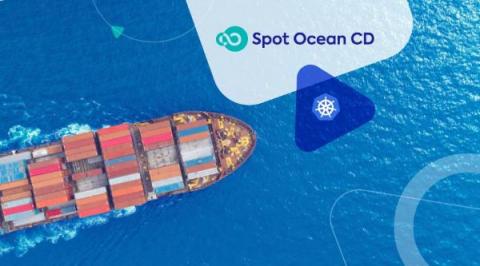Operations | Monitoring | ITSM | DevOps | Cloud
CI CD
The latest News and Information on Continuous Integration and Development, and related technologies.
#DevOpsSpeakeasy at #KubeCon EU 2022 with Julie Gund on Chaos Engineering
Automatically deploy REST APIs with Lambda authorizers using AWS CDK
This is the second tutorial in a two-part series. You can also learn how to automate AWS Lambda function deployments to AWS CDK.
Automating testing for FeathersJS applications
This is one of a two-part series. You can also learn how to automate the deployment of FeathersJS apps to Heroku. In the software development lifecycle, testing offers benefits that reach far beyond the code itself. Testing assures all parties (developers, clients, project managers, etc) that, while the application may not be completely bug-free, it does what is expected, as expected.
New product features - default tasks, in-progress builds & more
Announcing the Open Beta for Linux Shell Runners in Bitbucket Pipelines
Self-hosted versus cloud-based mobile app testing
Testing is a vital part of the mobile app development process. Your team can use testing to evaluate the quality, security, and reliability of mobile apps before releasing them to your users. Users who expect their applications to be highly performant and intuitive. There are two ways DevOps teams can perform testing for mobile apps: on-premise (also called self-hosted) or in the cloud. But which of these is the best option for your team?
#DevOpsSpeakeasy at #KubeCon EU 2022 with Andrea Frittoli on CDEvents
Progressive deployments of Kubernetes applications
Automate AWS Lambda function deployments to AWS CDK
When you build a cloud-based application, you can choose to deploy the resources using the GUI (Graphical User Interface) or CLI (Command Line Interface) provided by the cloud provider. This approach can work well with just a handful of resources, but as the complexity of your application increases, it can become difficult to manage the infrastructure manually.











